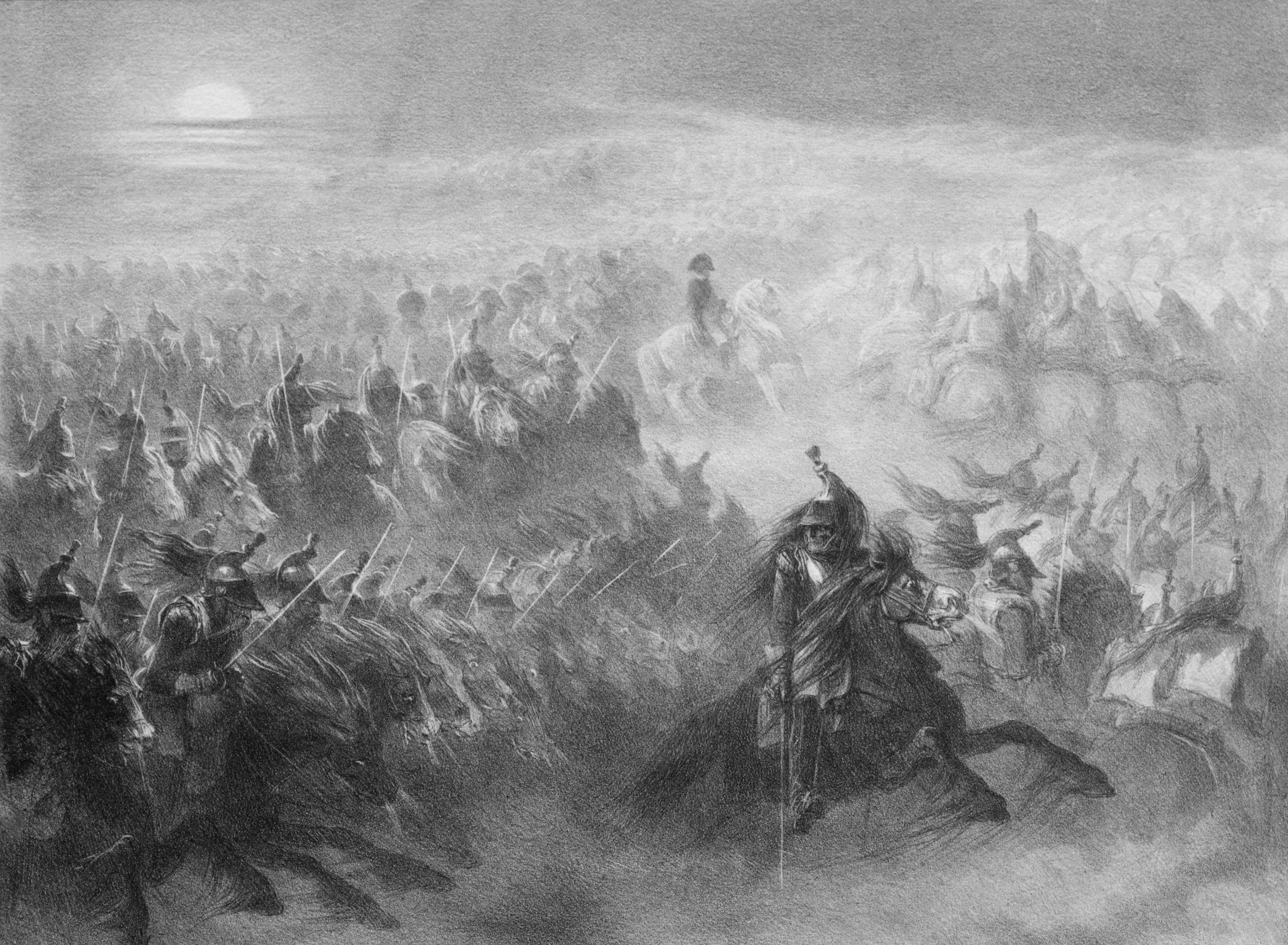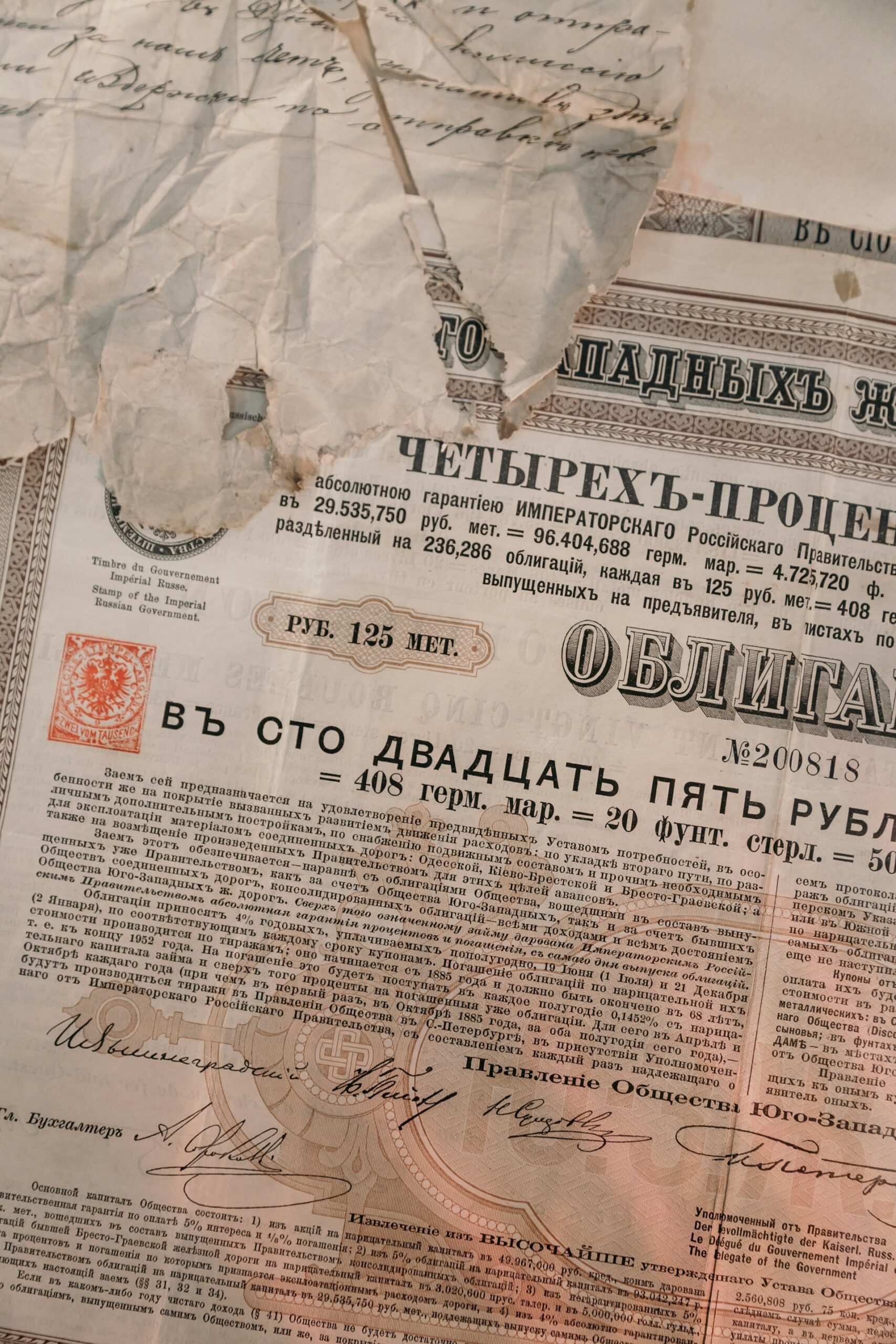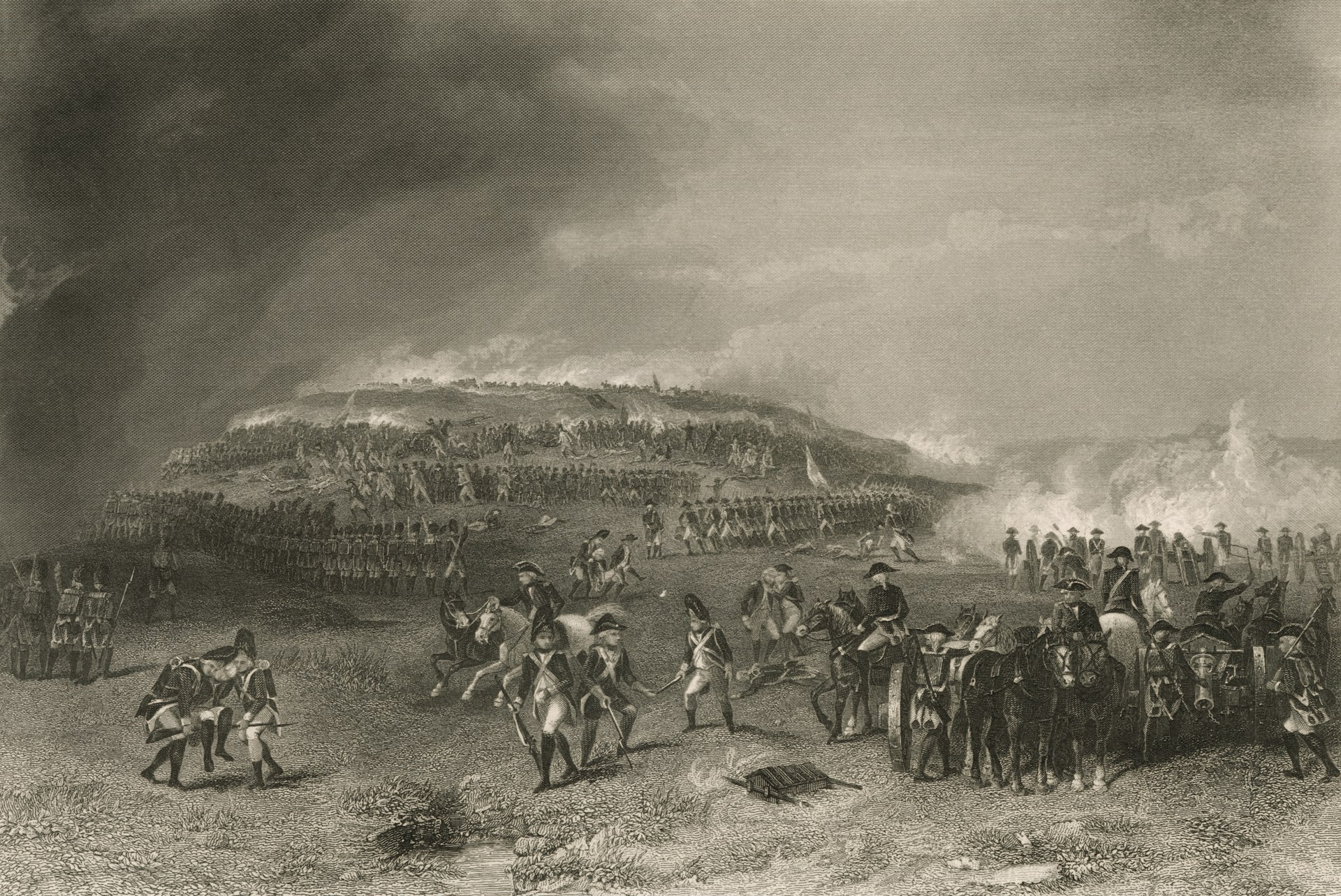Unlocking the Educational Power of Historical Strategy Games: Skills, Benefits, and Practical Guidance

Photo by Grant Durr on Unsplash
Introduction
Historical strategy games have emerged as powerful tools in education, blending entertainment with substantial learning opportunities. These games, from classics like
Age of Empires
to acclaimed titles such as
Civilization
, immerse players in the complexities of past societies, challenging them to make decisions that mirror the dilemmas faced by leaders throughout history. But what is the true educational value of these immersive experiences, and how can learners and educators harness their full potential?
Understanding the Core Educational Benefits
Developing Critical Thinking and Decision-Making Skills
One of the most significant strengths of historical strategy games is their capacity to foster
critical thinking
and
decision-making
skills. Players must analyze resources, assess threats, and weigh long-term risks versus immediate rewards. This process mirrors the real-life challenges encountered by historical figures, thus providing a dynamic environment for practicing problem-solving. For example, in
Age of Empires
, players are required to balance economic growth, military expansion, and technological advancement, all while responding to shifting circumstances and opponents’ strategies
[1]
.
Educators note that these games encourage multitasking and adaptability, essential skills in both academic and professional contexts. By repeatedly making strategic choices and observing their consequences, players gain insights into cause and effect-a foundational concept in historical study [2] .
Enhancing Historical Knowledge and Contextual Understanding
Historical strategy games introduce players to a range of
historical facts, figures, and events
. While not always 100% accurate, these games offer a vivid, interactive context for learning about different civilizations, their cultures, economies, and conflicts. For instance,
Civilization
tasks players with guiding a society from ancient times to the modern era, exposing them to major world events, technological advancements, and the evolution of governmental systems
[4]
.
Unlike traditional textbooks, strategy games make learners active participants in the unfolding of history. This interactivity enhances engagement and retention, allowing players to experiment with alternative historical outcomes and better understand why certain events transpired as they did [2] .
Building Skills in Diplomacy, Economics, and Social Systems
Many historical strategy games simulate complex systems, including
diplomacy, trade, and resource management
. Through gameplay, students gain practical experience negotiating alliances, managing resources, and navigating economic challenges, all within a historical framework. Titles like
Europa Universalis
and
Total War
series are particularly noted for their depth in these areas
[3]
.
By engaging with these systems, players develop an appreciation for the interconnectedness of historical forces. They learn that political, economic, and social factors rarely operate in isolation-a lesson that is directly transferable to the study of real-world history and current events.
Practical Applications: Bringing Games into Learning
Integrating Games into Formal Education
Teachers interested in leveraging historical strategy games can take the following steps:

Photo by FrantiÅ¡ek ÄŒanÃk on Unsplash
- Identify age-appropriate and curriculum-relevant games. Not all strategy games are suitable for every classroom; educators should review game content for accuracy and appropriateness.
- Set clear learning objectives. Define what skills or knowledge areas the game will support-for example, understanding the impact of trade routes, the consequences of war, or the evolution of political systems.
- Facilitate guided play sessions. Combine game play with discussion, reflection, and complementary resources (such as primary sources or documentaries) to reinforce learning [4] .
- Encourage critical analysis. Prompt students to critique historical representations in games, discuss alternative outcomes, and connect in-game experiences to real historical events.
Educators can access professional development courses and resources on integrating games into the classroom through platforms like Udemy, where academic experts discuss best practices for educational gaming [4] .
Learning Independently with Strategy Games
For learners and parents wishing to use historical strategy games outside of formal education, consider the following guidance:
- Choose games that align with your historical interests, such as ancient civilizations, the Middle Ages, or modern geopolitics.
- Supplement gameplay with reliable historical sources, including books, documentaries, and museum websites, to verify facts and deepen understanding.
- Engage in online forums or communities to discuss strategies, historical contexts, and alternative interpretations with other players.
- Reflect on the decisions made during gameplay and research how real leaders faced similar dilemmas in history.
Many libraries and educational organizations offer guides and reading lists that can help connect game experiences with broader learning goals. Parents can support their children by encouraging discussions about in-game scenarios and how they relate to world history.
Challenges, Limitations, and Responsible Use
Addressing Historical Accuracy and Representation
While historical strategy games provide valuable learning experiences, it is important to recognize their limitations . Not all games strive for accuracy; some take creative liberties for the sake of gameplay. This can occasionally reinforce misconceptions or oversimplify complex events [5] .
To mitigate these challenges, educators and learners should approach games as
supplements
to traditional resources. Comparing in-game narratives with historical accounts fosters critical media literacy and helps players distinguish between fact and fiction.
Balancing Entertainment and Education
Another challenge is ensuring that the pursuit of fun does not overshadow educational goals. Players may be tempted to exploit game mechanics in ahistorical ways for victory, rather than engaging with the material authentically. Setting clear goals and incorporating reflective discussions can help maintain focus on learning objectives [1] .
Alternative Pathways and Next Steps
For those seeking further educational value, consider:
- Exploring modding communities , where players create historically accurate scenarios for popular strategy games.
- Joining academic or hobbyist groups dedicated to historical gaming, which often host events and discussions.
- Consulting with local educators or librarians for recommendations on educational games and supplementary materials.
- Reviewing available online courses and workshops for structured guidance on using games as learning tools.
If you are unsure where to start, search for “educational strategy games for history” or visit established educational websites for curated lists and reviews. Always verify the credibility of resources before use.
Conclusion
Historical strategy games offer a unique blend of engagement and education, making them valuable tools for learners of all ages. By encouraging critical thinking, contextual understanding, and active participation, these games can transform history from a static subject into a living, interactive experience. Whether used in classrooms or at home, their full educational potential is realized when paired with thoughtful discussion, critical analysis, and supplementary resources.
References
[1] Sanctuary Shattered Sun (2024). Educational Value of RTS Games.
[2] STEM MINDS (2020). Can Video Games Teach Us History?
[3] Big Deal Media (2023). Spotlight on Strategy Games for Learning About History.
[4] G2A (2022). Strategy Games Taught Me History Like No Teacher Ever Did.
[5] Ancient World Magazine (2020). Playing with History – Thoughts on Historical Strategy Games.
MORE FROM oncecoupon.com













